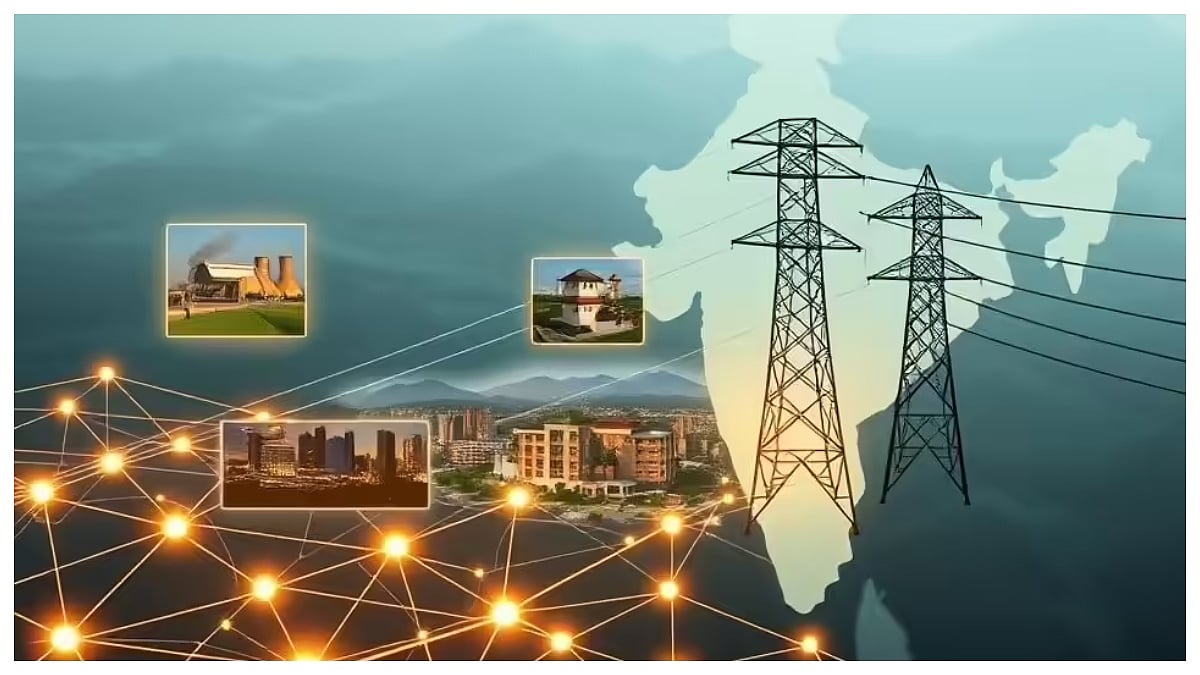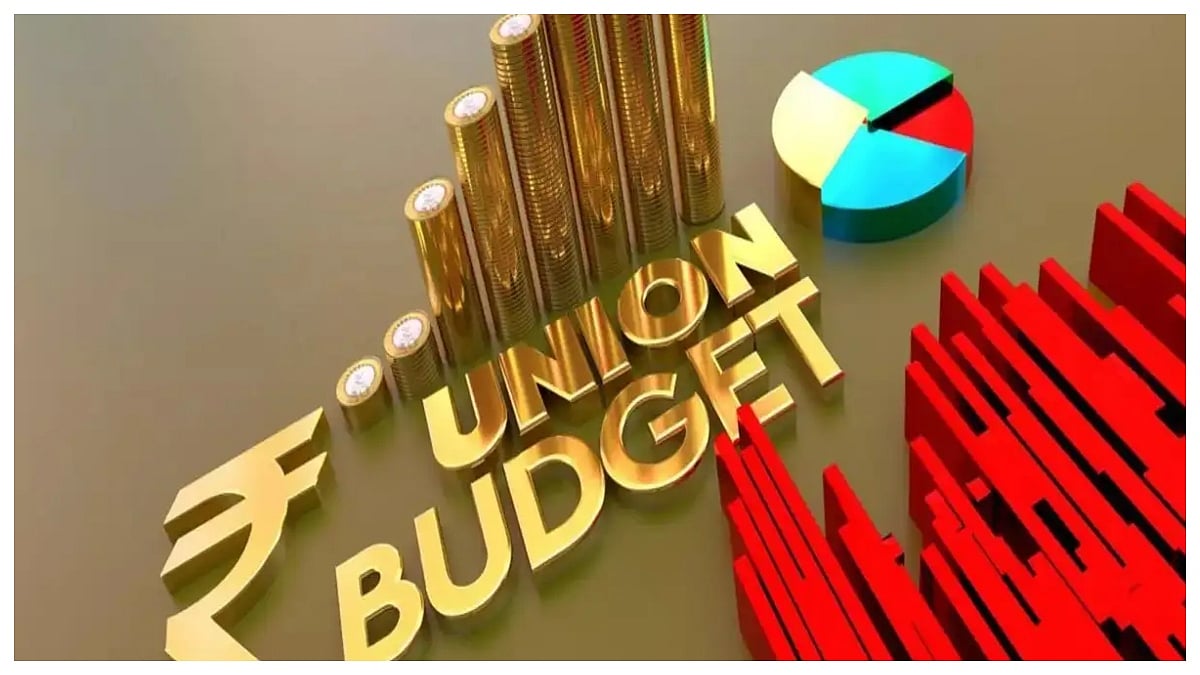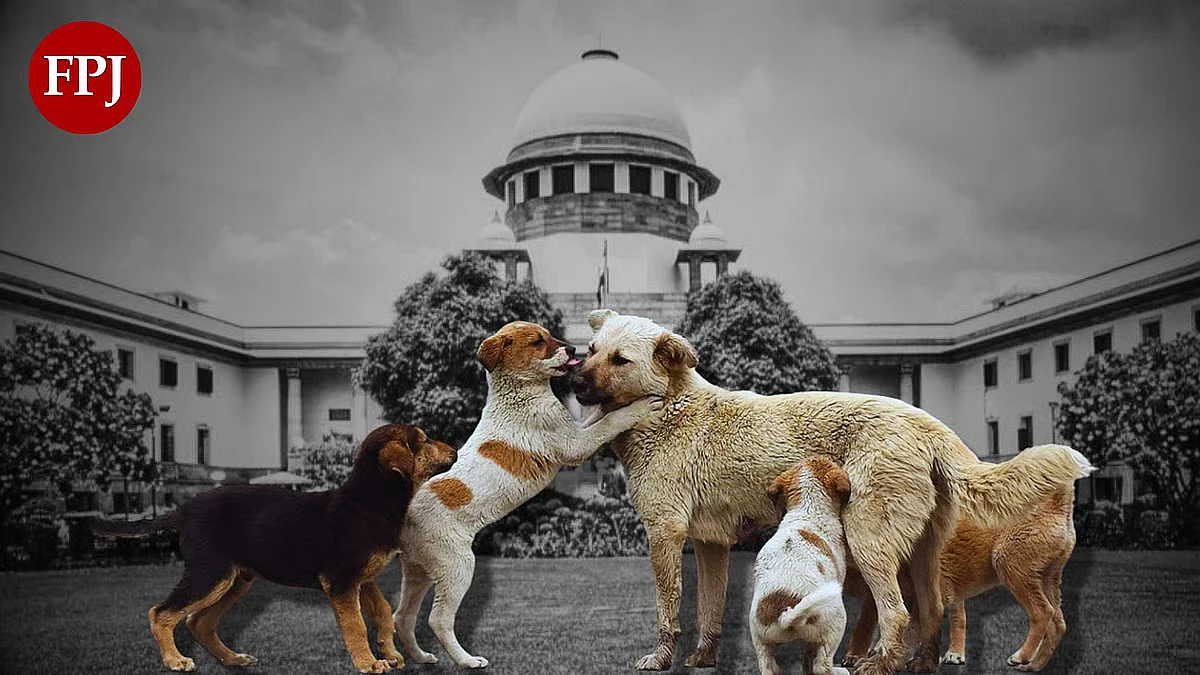For the Yogi Adityanath government in Uttar Pradesh, the resignation of six MLAs, including two ministers, is the severest setback it has ever suffered. More than the loss of numbers, what should bother the ruling party is the psychological impact it will make on the electorate. With only a month left for the voters to decide whether Yogi should be given another term or not, the impression is bound to grow that his is a government that sinks. If more MLAs leave in the next few days, it will leave the BJP in a quagmire from which it will be difficult to retrieve itself. As mentioned, it is not just two ministers who left. Swami Prasad Maurya, who left on Tuesday, was once the leader of the opposition and commands great influence in the state. Dara Singh Chauhan, who left on Wednesday, is also a leader in his own right. Both of them represent the non-Yadav other backward classes (OBC) who have the requisite numbers to make or mar the fortunes of a party.
In the 2017 elections, the OBCs were solidly behind the BJP. This seems set to change, with the MLAs who quit the BJP gravitating towards the Samajwadi Party, which seems to be in the ascendant. SP chief Akhilesh Yadav has the solid backing of the Yadavs and Muslims. If he is able to get the support of a significant section of the OBCs, who constitute about 35 per cent of the electorate, he is assured of a victory. It is this realisation that has started worrying the BJP leaders. True, the party would be projecting Prime Minister Narendra Modi and Home Minister Amit Shah and, to a lesser extent, Yogi Adityanath in the coming elections. However, they cannot easily get away with the charge the two outgoing ministers have made — the Yogi government has been ‘anti-Dalit, backward, farmer, the unemployed and small traders’. Among themselves, these sections constitute an overwhelming majority, if the Muslims, who constitute about 20 per cent, are included.
Yogi, who startled the nation with his crass comment that the fight was between 80 per cent (Hindus) and 20 per cent (Muslims), is undoubtedly a polarising force in the state. All his political strategies have been based on the theory that if there is a polarisation of voters on religious lines, it will singularly benefit the BJP. Small wonder that he has been devoting his time and energy to projects like temple construction, holding religious congregations and renovating temple corridors. What he did not realise is that he was not just polarising people on religious lines. He had also emerged as a polariser within the party as well with the Dalits, OBCs etc getting short shrift. It is in this context that the resignation of the OBC legislators should be seen. It is no surprise that for once discussion has begun in the BJP on who should be projected as the chief ministerial candidate. More so when Yogi’s die-hard supporters are few and far between.
No one knows the political situation in the state better than the politicians themselves. They would have been noticing how Akhilesh Yadav was attracting larger crowds, unlike the BJP leaders who have unlimited resources and the government machinery at their beck and call. Allowance also has to be made for the fact that the Bahujan Samaj Party (BSP) of Mayawati has been lying low for inexplicable reasons. Her unilateral announcement that she would not be contesting the election this time has confused her voters. As regards the Congress, Priyanka Gandhi has been making some noise in the state. However, it is a jigsaw puzzle whether she would be able to convert the crowds she attracts into votes or not. In any case, the grand old party has been reduced to a bit player in the state. Under these circumstances, a direct fight between the BJP and the SP is a possibility that cannot be ruled out.
Much will depend on how the BJP readies itself to face the realities. The recent by-elections in Himachal Pradesh showed how the party had lost its moorings in the state. The threat of the Janata Dal contesting on its own in UP will send the signals that the NDA headed by the BJP has all but disintegrated. Unlike the Yadavs, the OBCs are divided into smaller castes, with their own leaders and parties. It will be an uphill task for the BJP to keep them under its umbrella.









